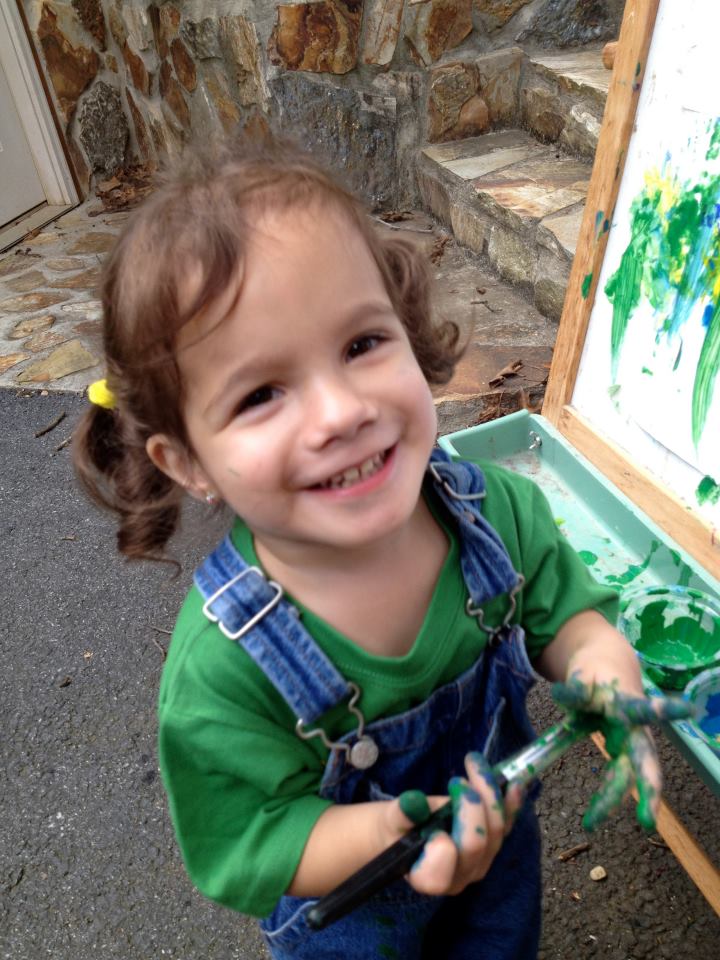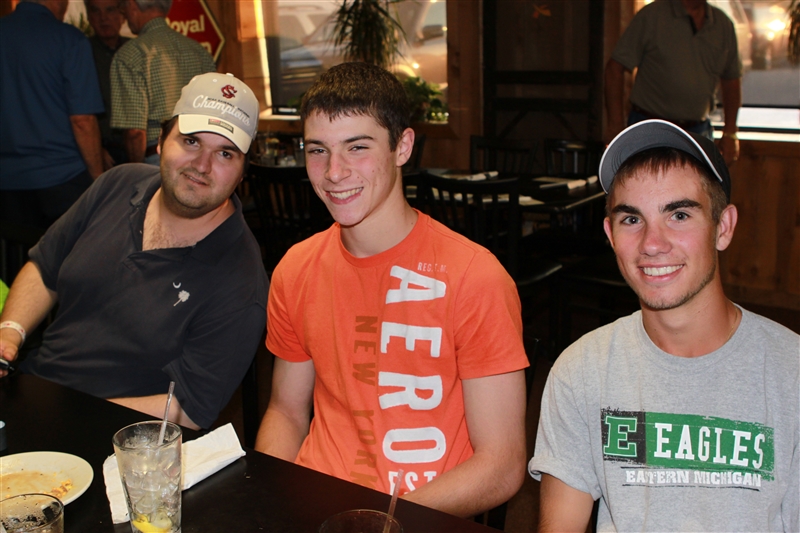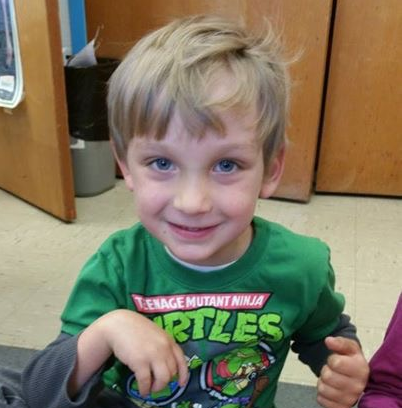 Maybe you just learned that a close friend or family member’s child has been diagnosed with a disability or medical condition. What do you think, what do you do, how do you react? It seems that for many friends and even family, the reaction is to pull away. It’s difficult to know or understand the reasons behind that reaction, but my guess is that it stems from being uncomfortable, being scared of saying the wrong thing, or just not understanding the reason that your friend doesn’t have time or energy to do the same things with you that they used to do. Maybe you even feel blown off or unimportant to them now. Whatever the reasons are, the message that your friend or family member may be receiving is that you don’t care anymore. Or maybe this isn’t a new diagnosis, but you still aren’t sure how to help out or support your friend. What do parents of special needs children really from their friends and their family?
Maybe you just learned that a close friend or family member’s child has been diagnosed with a disability or medical condition. What do you think, what do you do, how do you react? It seems that for many friends and even family, the reaction is to pull away. It’s difficult to know or understand the reasons behind that reaction, but my guess is that it stems from being uncomfortable, being scared of saying the wrong thing, or just not understanding the reason that your friend doesn’t have time or energy to do the same things with you that they used to do. Maybe you even feel blown off or unimportant to them now. Whatever the reasons are, the message that your friend or family member may be receiving is that you don’t care anymore. Or maybe this isn’t a new diagnosis, but you still aren’t sure how to help out or support your friend. What do parents of special needs children really from their friends and their family?
Here are some ideas:
1. A non-judgmental ear.
Someone who is willing to listen to the challenges and pleasures that come from parenting a special-needs child can be extremely valuable to a parent. The non-judgmental part is key, often special-needs parents are forced to make very difficult decisions regarding their child’s care. These decisions are frequently painful and heart wrenching and often involve the lesser of two evils. Seizures or a surgery that disconnects or removes part of the child’s brain? Scary Botox shots or the possibility of lifelong constricted limbs? Seizures or the medications that make the child confused and foggy? Unless you are asked directly, it’s probably not helpful to chime in with what you would do. I mean this in the kindest way, there is no way you can understand the horror of these decisions and there is no way that hearing “I would never give my child those awful seizure medicines” or “how can you put her through those terrible shots all the time” is remotely helpful. Unless you’ve been in my shoes, you don’t know what you would do, you really don’t, until you are living it!
Remember before you had kids and you swore you would never let them eat McDonald’s or watch Spongebob, but then you were on a road trip and McDonald’s was there and hysterics were going on in the backseat and you let that idea go. Then the only DVD the roadside gas station had was Spongebob, and you bought it, and your kids giggled that adorable little giggle you love and you got over yourself! And so what, your kids like it and it’s a great treat or a reward every now and then, big deal. And now when you hear those pregnant women say “I’ll never…”, you just smile knowingly because of course you know that most likely they will . That’s how it is for special parents, we’ve had to let go of a lot of our judgmental opinions because they just don’t work in our real lives. Unless you’re living it, you cannot possibly understand every single factor that goes in to making these complex decisions. So please, keep your judgments to yourself! Listen and respond with empathy and kindness and you will be a great friend!
2. A genuine offer of help
Special needs families have hectic lives, like all parents, most of us try to appear to have it all under control but that doesn’t mean it’s not taking a toll on us. A genuine offer of a night of babysitting, or stopping over with a casserole is always appreciated! And sometimes we might need to be encouraged or reminded to accept it!
3. Remind us to take care of ourselves
Sometimes we special needs parents can get so caught up in caring for others we forget to take care of ourselves. A kind and gentle reminder from a friend can go a long way in reminding us and encouraging us to take care of ourselves. Offer to babysit so mom can go get a pedicure, or mom and dad can go out on a date! Wow, a date night, what a special treat that would be! Or bring over some nail polish and a bottle of wine and/or a DVD and have a night in!
4. Be understanding
You might have noticed that we aren’t as tolerant as we once were of foolishness. We might not be able to overlook you using the “R” word and pretend it doesn’t bother us. We might get a little distressed if you make a comment like “I nearly had a stroke”. We are still learning to tread water in this new world, and we still have some sensitive spots. Sometimes thing’s that used to be ok with us aren’t anymore. Having a special needs kiddo can change a person in many ways, most of them good. Don’t walk on egg shells, but think before you speak.
Understand that we have new priorities and stressors and that things may be drastically different in our lives. That doesn’t mean that you aren’t still important, you are. However, it’s very possible that we don’t have the time for you that we used to have. Please don’t read that as us not caring and see it for what it is, a hectic, over stressed parent doing their best to cram 28 hours of stuff into 24 hours of each day. Can you make it your job to keep in touch while understanding that doesn’t mean it’s not important to us? That would be the mark of an amazing friend!
5. Check in
While you are busy touring Italy, drinking wine and eating amazing pasta with your other friends, don’t forget to check in on your buddy who wound up in Holland. It’s true that Holland is very different from Italy, but that doesn’t mean we don’t have anything in common anymore. Please check in, call, email, text! Life is hectic, our brains are fried, we are constantly thinking of 50 different things, worrying about 20 other things and trying to perform the regular tasks that are required to keep a household running. Please check in on us, sometimes a reminder that you are still there can make a big difference. (and you if you have no idea what these Holland and Italy references are about, check this out).
6. Be careful bragging about your amazing kids
I want to hear all about your kids, what they’ve been up and all the exciting goings on. But that doesn’t mean it’s not hard for me, that I don’t compare; that I won’t mourn the little losses, those things that may not be in our future. Just try to understand where I’m coming from on this. If your daughter starts walking at 10 months and my son is not walking yet at 20 months, that’s going to be hard for me to hear. I’m so happy for you, but at the same time I’m sad. That doesn’t mean you shouldn’t tell me these things, just that you might want to tread carefully on these topics. But, don’t tread so lightly that you sink!
7. Just be there
Don’t let fear, or worry, or a feeling that you might intrude keep you from being there to support a friend or family member who has learned that their child has a disability. Instead make it a point to be there. Call just to chat. Stop by with a hot drink and a hug. Hang out in waiting areas together (we spend a lot of time in waiting rooms). If you feel like you’re being pushed away, be patient and keep trying. You might be reading my “I’m so completely overwhelmed and beside myself with grief that I have no time for anything besides the bare necessities” message as “you aren’t important to me”, because you are!
8. Don’t stop inviting us
I turn down a lot of invitations because life is so ridiculously hectic, because my son has a doctor or a specialist or a therapy appointment. Or because we have been so busy all week that Saturday is the only time I have to get normal life stuff done… laundry and dishes don’t wash themselves and groceries have yet to arrive magically at my door and sadly they don’t prepare themselves into family friendly healthy meals! Please don’t stop inviting us! I might say no to 19 out of 20 invitations even when I really want to go, but if you stop asking at 19 we’ll miss out on all the fun we would have had on the 20th invitation!
9. Ask your friend how you can help
Finally, if you aren’t sure what to do or how to help, ask! And if your friend tells you they don’t need anything, ask again a few weeks later, and a few weeks after that. Be genuine and make sure they know you aren’t just saying the obligatory “is there anything I can do?” but that you genuinely want to help. Maybe even make some suggestions: I can bring dinner, babysit, go to that specialist appointment that you’re worried about with you for moral support, or meet you at the therapist’s office for a coffee date in the waiting room! Just knowing you care enough to ask will likely brighten your friend’s day!
Darla Clayton











